Top Class Actions’s website and social media posts use affiliate links. If you make a purchase using such links, we may receive a commission, but it will not result in any additional charges to you. Please review our Affiliate Link Disclosure for more information.
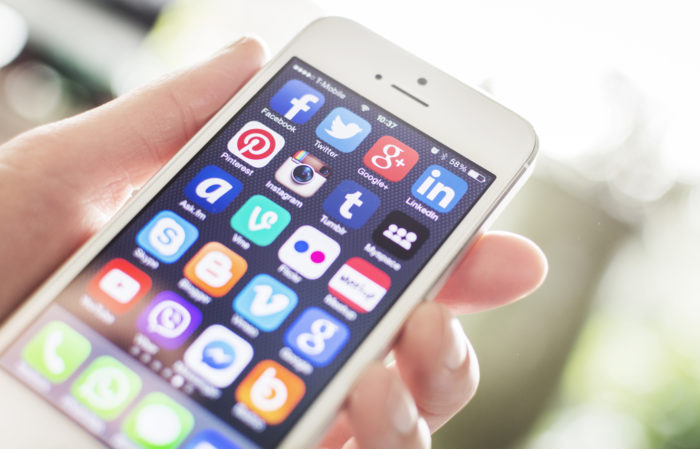
Apple argued that the appellate court’s decision did not follow precedent from a landmark Supreme Court decision in the case of Illinois Brick Co. v. Illinois, which holds that only direct purchasers are eligible to seek damages under the Sherman Act.
The Apple monopoly class action lawsuit was filed in 2011 over allegations Apple maintains a monopoly on app sales by requiring app developers to only sell on Apple’s app store platform. Apple also requires developers to pay a 30 percent commission.
The Apple monopoly class action lawsuit was dismissed in December 2013 after a federal court judge found the consumer plaintiffs qualified as indirect purchasers because they did not pay the commissions, and that they therefore lacked standing to sue under the 1977 Illinois Brick Co. v. Illinois ruling.
The 9th Circuit revived the Apple monopoly class action lawsuit in January 2017 after a three-judge panel found that the consumer plaintiffs did actually have standing to bring antitrust claims against Apple.
The appellate panel found that the plaintiffs purchased their iPhone apps directly from Apple’s App Store, and not directly from the app developers. Because Apple retains control over the apps designed for use on iPhones, the company acts as a distributor of the apps and not just a collector of payment on behalf of the app developers, the 9th Circuit found.
Apple appealed the decision to the Supreme Court in August, claiming that the 9th Circuit ruling essentially changed the rule such that consumers can sue any party that delivers goods and services, which could have major implications for companies like Amazon Inc., eBay Inc. and Google Inc.
The plainitffs argued that Apple’s policy of collecting the money from customers and passing it on to the app developers (minus the 30 percent commission) encourages developers to increase their prices, causing consumers to pay inflated prices.
The Supreme Court justices in October requested guidance from the U.S. government, which subsequently filed an amicus brief asking the high court to take the case. The amicus brief argued that the Illinois Brick case fails to distinguish between producers and distributors, and that the rule is meant to avoid potential complexity that may arise when determining damages for indirect and direct purchasers.
“We look forward to the Supreme Court clarifying that consumers who buy iPhone apps on the App Store, which Apple owns and operates and is where Apple forces them to shop, who pay their money directly to Apple, and who pay the entire cost for the apps to Apple, have standing to sue Apple for monopolizing the market for iPhone apps,” an attorney for the plaintiffs told Law360 on Monday.
The consumers are represented by Mark C. Rifkin, Michael Jaffe, Michael Liskow and Rachele R. Rickert of Wolf Haldenstein Alder Freeman & Herz LLP.
The Apple Monopoly Class Action Lawsuit is Apple Inc. v. Robert Pepper, et al., Case No. 17-204, in the U.S. Supreme Court.
UPDATE: On May 13, 2019, the U.S. Supreme Court ruled that Apple must face a class action lawsuit claiming it monopolizes the iPhone app market.
UPDATE 2: On June 27, 2019, a federal court judge said she is thinking about relating two cases which are similar in nature, both accusing Apple of monopolizing the distribution of applications in its App Store.
ATTORNEY ADVERTISING
Top Class Actions is a Proud Member of the American Bar Association
LEGAL INFORMATION IS NOT LEGAL ADVICE
Top Class Actions Legal Statement
©2008 – 2024 Top Class Actions® LLC
Various Trademarks held by their respective owners
This website is not intended for viewing or usage by European Union citizens.




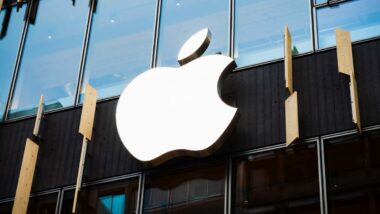
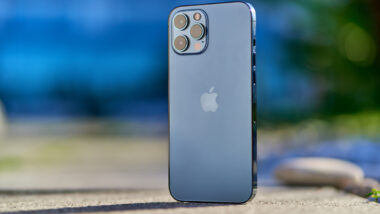

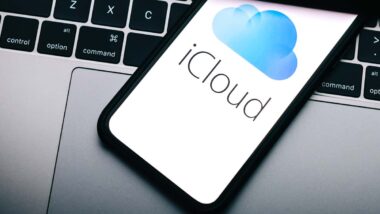
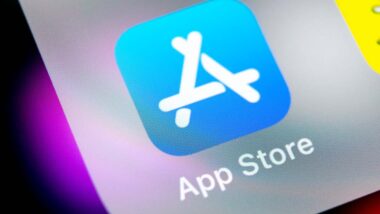


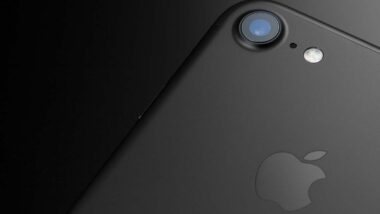
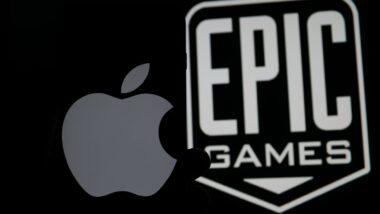
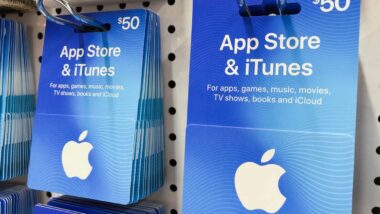

2 thoughts onSupreme Court Will Hear Apple Monopoly Class Action Appeal
Apple is nasty, i suggest you also look into Apple’s practices in preventing and putting all manner of blocks in preventing users from downloading songs on itunes unless they subscribe to apple music!! Its disgusting!!
Please Add me